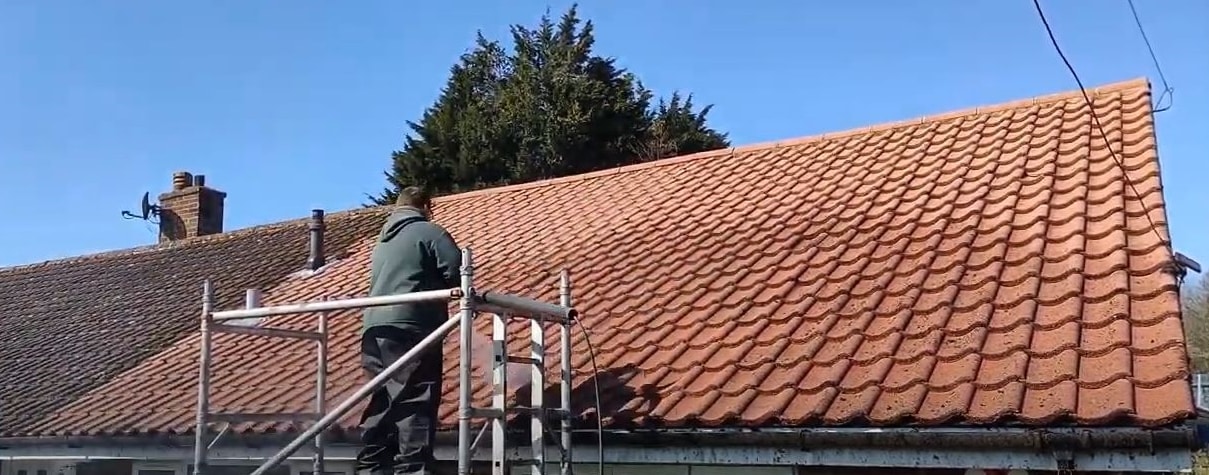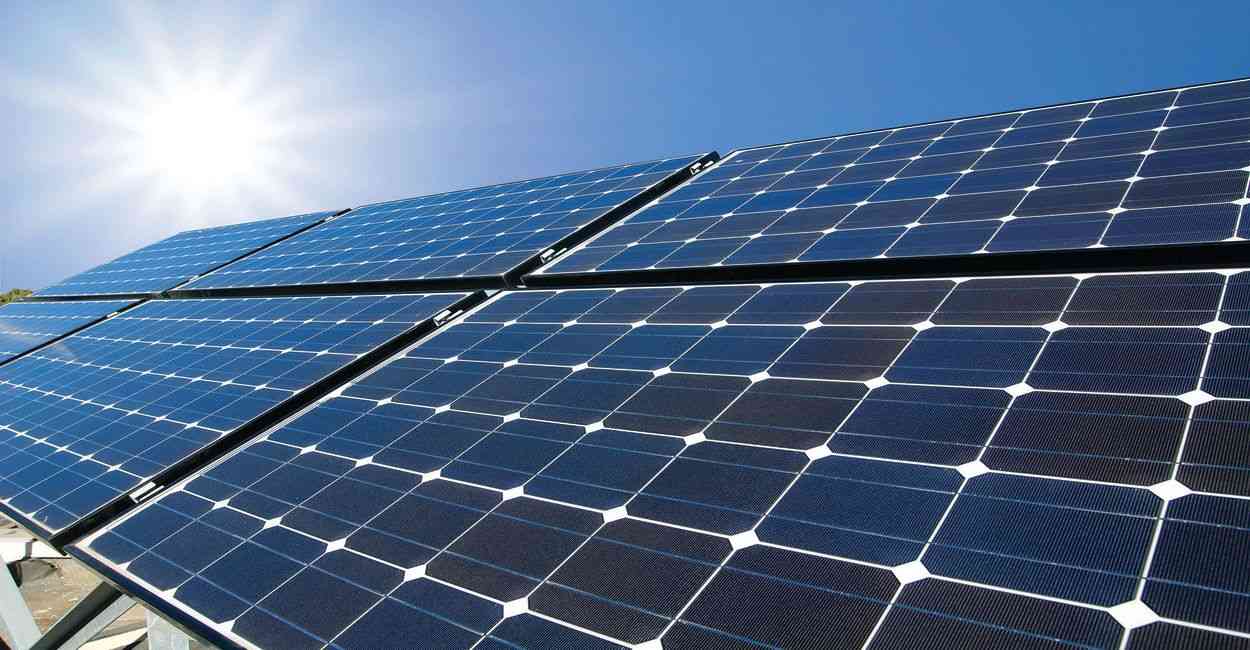Protests, politicians and pushback: Some of the year’s most contentious construction projects
4 min read
For a wide variety of reasons, major construction initiatives have the potential to be divisive. All over the U.S., projects such as the highly politicized $10 billion Foxconn plant in Wisconsin have met resistance from activists, politicians and local citizens.
Here are some of the most contentious projects that have made significant progress this year, and the backlash the work has encountered.
Texas border wall

Mario Tama via Getty Images
This project started as a campaign promise of former President Donald Trump, who vowed to build a wall along the U.S./Mexico border and “make Mexico pay for it.” Texas Gov. Greg Abbott took it over when Trump left office, and some work was completed in 2020 along the state border with Mexico near the Rio Grande River, according to the Texas Tribune. Additional work on the border wall in 2021 in Starr County, Texas, was inaugurated earlier this month by Gov. Abbott.
On top of the $250 million it set aside for the wall’s construction, the state also launched a crowdfunding campaign urging residents to donate to the effort. As of Nov. 2, Texas has received over $54 million in private donations.
Backlash has been intense and wide-ranging, coming from immigration advocates, conservationists, economists and others. The wall has also seen opposition from landowners along the border, whose land was seized through eminent domain for construction.
Enbridge Line 3 pipeline

Courtesy of Enbridge
Enbridge’s $2.9 billion U.S. portion of the Line 3 replacement project is the latest oil pipeline to see a battery of protests. The project aims to update 364 miles of the line with wider piping along 13 miles in North Dakota, 14 miles in Wisconsin and 337 miles in Minnesota. As of now, the North Dakota and Wisconsin expansions are completed.
First completed in the 1960s, the pipeline stretches 1,097 miles from Canada to the U.S. and can carry up to 760,000 barrels of oil per day, according to Reuters. The project was recently delayed due to objections over environmental concerns, but construction resumed on Oct. 1.
Stop Line 3 and other organizations have protested the project (as shown at top), citing environmental degradation and violations of treaties with Indigenous tribes, such as the Anishinaabe tribe in Minnesota, on whose land the pipeline carries oil through.
California high-speed rail project

Permission granted by California HIgh Speed Rail Authority
California’s $100 billion high-speed rail project, a 520-mile line from San Francisco to Los Angeles, was launched by former President Barack Obama and has been helmed by California Gov. Gavin Newsom, who called it “the future of transportation in California” in a video released in March. The project ran into challenges from the Trump administration, but recently regained momentum when the Biden administration returned nearly $1 billion the former president had withheld.
However, budget overruns and infighting in the state legislature have again left the project in limbo. In September, the California legislature declined to release $4.2 billion for the effort, and reports of state Democrats clashing over whether it should be high-speed have also put a pallor over the project.
I-45 Houston highway project

A $9 billion highway widening project near Houston has become a flashpoint for confronting racism in infrastructure design, a prominent piece in the agenda of U.S. Transportation Secretary Pete Buttigieg and the broader Biden administration.
The 10-year effort to widen 24 miles of Interstate 45 has been in the works for nearly 20 years, according to the Associated Press. The program has seen significant pushback from residents and community members, who say that the expanded highway won’t solve public transportation issues and would instead cause environmental problems while subjecting mostly Black and Latino residents to increased pollution, displacement and flooding.
A lawsuit this past March sought to stop the expansion, but the project is continuing as of Dec. 1.
Nashville soccer stadium

Courtesy of MLS
When Nashville was awarded a Major League Soccer (MLS) expansion slot in 2017, it signaled a new era for the sport. Fast forward to present day: The stadium has been mired in bitter controversy stemming from disagreements between the MLS and Mayor John Cooper, who vocally opposed the initial deal due to cost concerns and a lack of a site selection process.
Critics who wanted to preserve the Nashville Fairgrounds sued unsuccessfully in 2017 to keep construction from taking place. Cooper and the MLS also negotiated for a new deal, and the parties reached an agreement in 2020 for the Nashville Soccer Club to fund infrastructure around the stadium at $19 million, while the city would pay up to $35 million toward lease payments, according to an MLS release.
While construction is now projected to be finished by late 2022, building it hasn’t been a straightforward process. The project is being built by a Mortensen/Messer JV.
LaGuardia Airtrain

Permission granted by Skanska USA
Former New York Gov. Andrew Cuomo, before leaving office, championed a new Airtrain to transport passengers to and from LaGuardia Airport and New York City. Cuomo resigned in August following a sexual harassment scandal, and now-governor Kathy Hochul has instructed members of the Port Authority to reconsider the project.
The original plans for the $2.1 billion people mover, which had received federal funding and approval, are being pushed to the side following staunch opposition from a bevy of Port Authority employees, who allege that Cuomo exerted undue influence to get the project going. Politicians like Rep. Alexandria Ocasio-Cortez and New York City Mayor Bill de Blasio have also criticized the project.
On Nov. 16, the Port Authority brought together an expert panel consisting of former transportation officials and management, who are conducting a study on alternative transportation methods, according to a Port Authority press release. The panel will be reviewing modes such as a ferry service, subway extensions and expanded bus service, among others. The report will be completed as quickly as possible for public review, the release said.







.jpg)